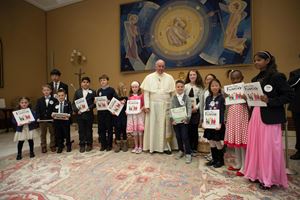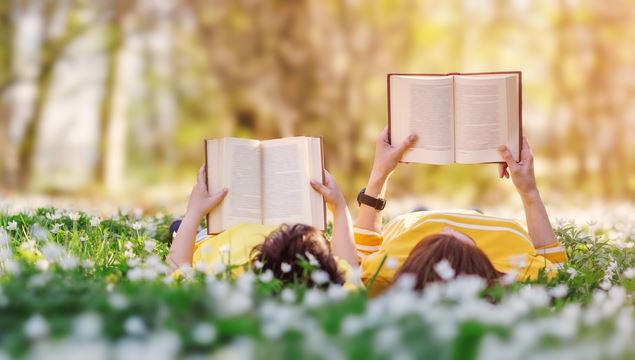The regenerative power of books and reading, commissioned by GeMS – Mauri Spagnol Publishing Group and conducted by the Department of Economics of the Roma Tre University – CESMER, with the technical support of Ergo Research under the guidance of Professor Michela Addis, Full Professor of Management/Marketing and Director of the Center for Studies on Markets and Industrial Relations (CESMER) at the Roma Tre University.
The study, which has as its reference universe the Italian population aged 14 and over, is divided into four phases: literature analysis, extensive investigation, qualitative research and field experiment. The results show that reading is one of the most regenerative practices of the human experience. Those who read live better and show higher levels of happiness, confidence in the future, resilience, concentration and empathy. In all the dimensions explored – cognitive, affective and relational – readers perceive themselves as being closer to the “best possible life”.
«We were looking for the relationship between reading books and individual happiness, but we discovered a broader universe» says Michela Addis. «Reading regenerates the way we think, what we feel and how we are together with others. It is a transformative experience that enriches daily life, reduces the gap between men and women and gives young people back meaning and identity.” Among all free time activities, reading is the only one, together with sport, to have no negative association with well-being: it is a protective and universal practice, which is always good for everyone, and multiplies the value of free time. Italian readers read on average 79 minutes a day, but even those who read little derive an effect of satisfaction and awareness that extends to all other daily activities.
An interesting fact concerns the relationship of the young generations with reading: reading has become trendy again, especially among young people aged between 15-24. And the spark is born right in the family, where parents’ encouragement to read has more impact than direct example, with a positive effect that weighs up to 25% more. Reading choices are guided by the opinions of others. The author (68%) continues to be the first reason for choosing a book, followed by word of mouth (47%). The press remains central: 34% of readers indicated the judgments and reviews of critics and journalists among the three main reasons for choosing their reading, more than social media and rankings.
Reading activates cultural life. Those who read participate more in cultural life: goes to the cinema twice as often and attends more artistic and social events than those who don’t read. Reading does not isolate, on the contrary. Those who read are more present in places of culture: they enter cinemas, visit exhibitions, listen, participate. Books activate, not withdraw
The investigation also went deeper the role of reading in contributing to reducing the gender gap: if in general men declare themselves happier than women and women more empathetic than men, the scenario changes when the variable of reading is added, which for women is a lever of empowerment and resilience, while for men an exercise in listening and empathy. In particular, the research highlights that reading novels is good for relationships: the preference for novels, of any genre, shows significant correlations with empathy and the ability to listen.

The words of Pope Francis
The research was presented in Milan at Bookcity, with the contribution of Victor Diamandi, author and bookmaker, who commented: «In an era in which everyone is running, those who read slow down. And in that slowing down he finds a rare power: the luxury of thinking, of dreaming, of not belonging to anyone.” To moderate the meeting Agnese Pini, Director of the QN newspapers – Il Resto del Carlino – La Nazione – Il Giornowho declared: «Reading means training in sensitivity, slowness, understanding the world and oneself. It is a silent and revolutionary exercise, which restores depth to our feelings, and reminds us that happiness is never simplification, but awareness».
The research reports in its conclusions a passage of Pope Francis taken from the Letter on the role of literature in the formation of 2024. A reflection addressed to future priests but also to pastoral agents and to all Christians : «Reading makes the richness of one’s person flourish». In this sense, reading is not just an individual experience, but a powerful cultural resource, accessible to all, capable of changing people’s lives and contributing to a more equitable, supportive and happy society.










